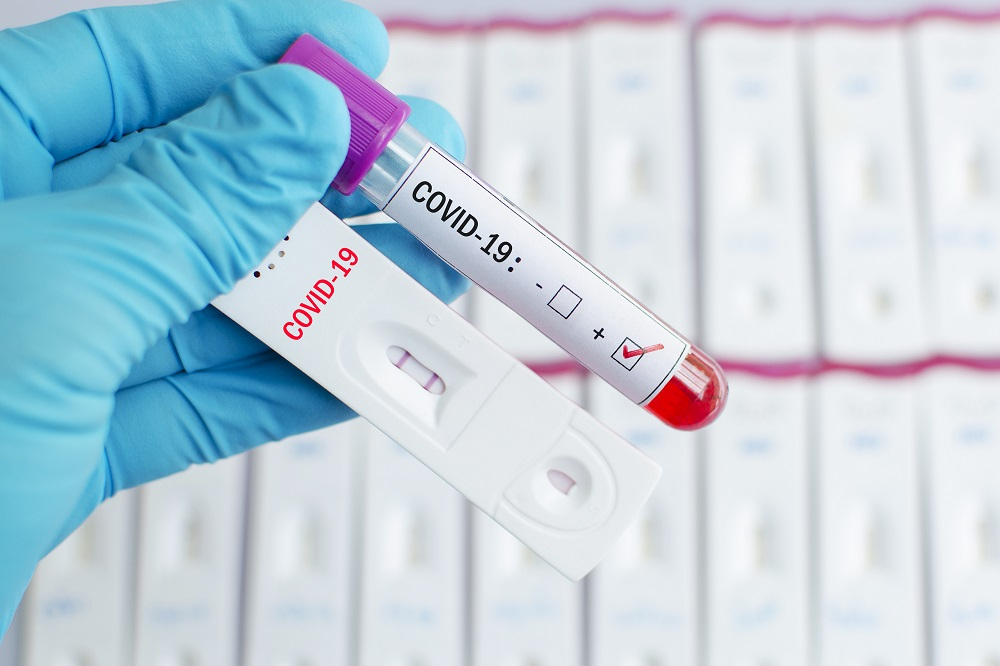Written by Nicole Scholz,

The coronavirus (Covid-19) pandemic remains a major threat to public health in the European Union (EU). Testing is considered an essential aspect of the response to the pandemic.
There are different types of coronavirus tests, each having its own merits and limitations. The timing of tests is also critical. Among the tests that detect current infection, (rapid) antigen tests have recently come to the fore.
In view of a resurgence of coronavirus cases, the European Commission adopted on 28 October 2020 a recommendation for a common EU testing approach for Covid-19. It addresses key points linked to testing capacities and resources, as well as rapid antigen tests. This was followed on 18 November by a recommendation on the use of rapid antigen tests for the diagnosis of Covid-19, which provides guidance on how to select rapid antigen tests, when they are appropriate and who should perform them. It also calls for validation and mutual recognition of tests and their results.
EU and international public health bodies, including the European Centre for Disease Prevention and Control and the World Health Organization, have given testing recommendations and outlined strategies and objectives.
Several Member States have started to use rapid antigen tests in practice. Testing policies range from testing only people who both have symptoms and also meet specific criteria, to testing anyone with symptoms, to open public testing, including asymptomatic people.
In a September 2020 resolution, the European Parliament called for the adoption and implementation of a common testing strategy under which test results would be recognised in all Member States.
Since the outbreak of the pandemic, coronavirus testing has rapidly evolved and will continue to play an important role. New methods are emerging, including ‘out of the box’ options.
Read the complete briefing on ‘Coronavirus testing: Contributing to efforts to stem the second wave‘ in the Think Tank pages of the European Parliament.








[…] Source Article from https://epthinktank.eu/2020/12/07/coronavirus-testing-contributing-to-efforts-to-stem-the-second-wav… […]